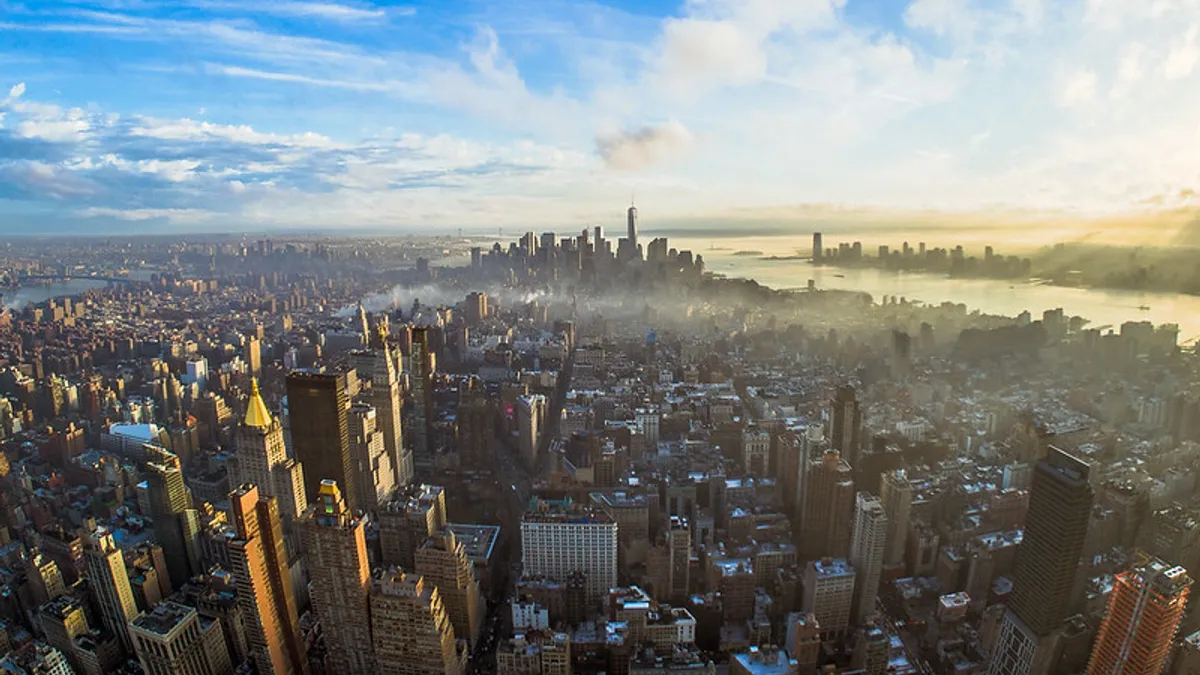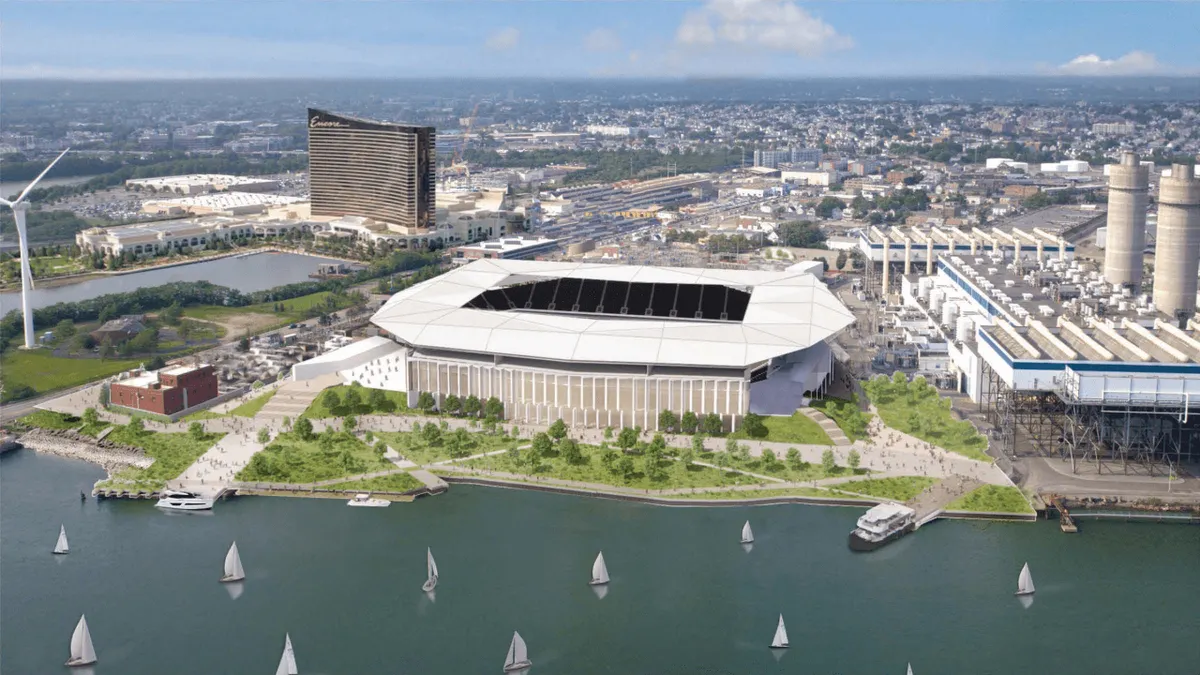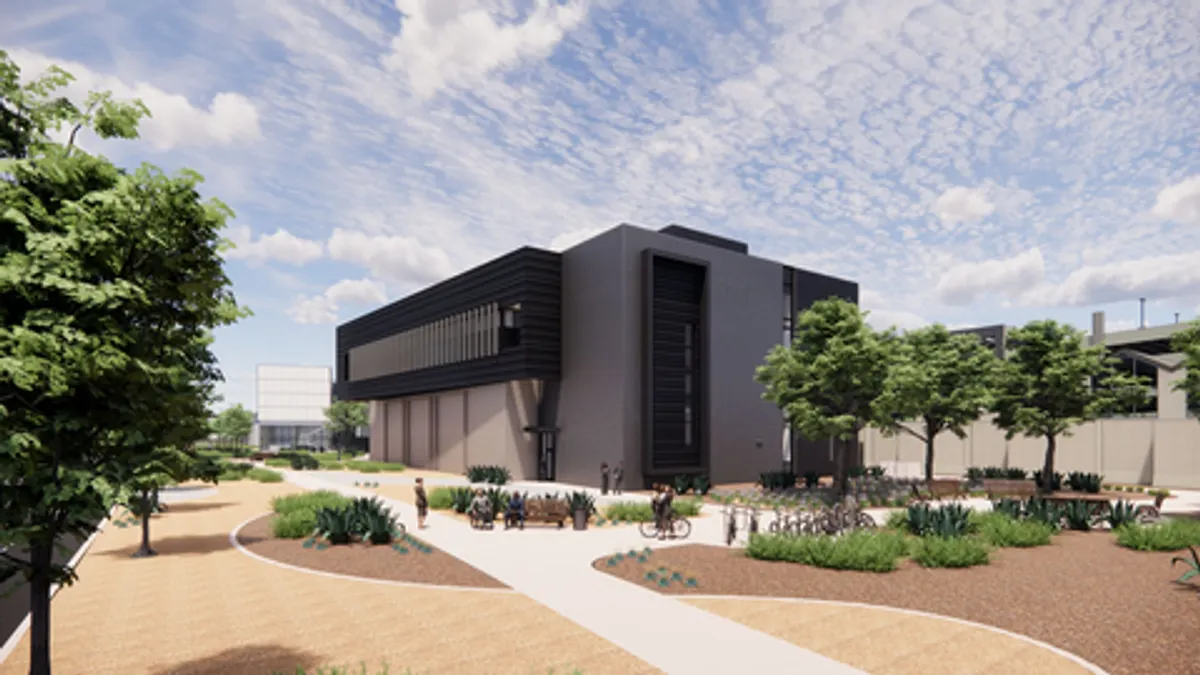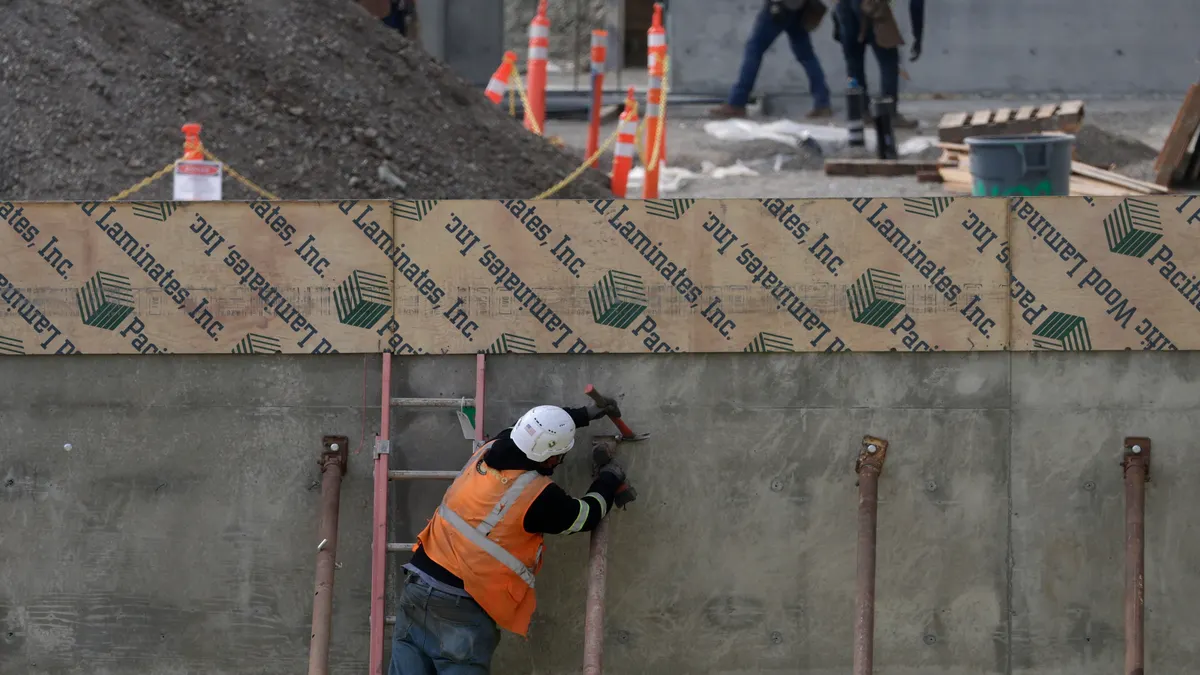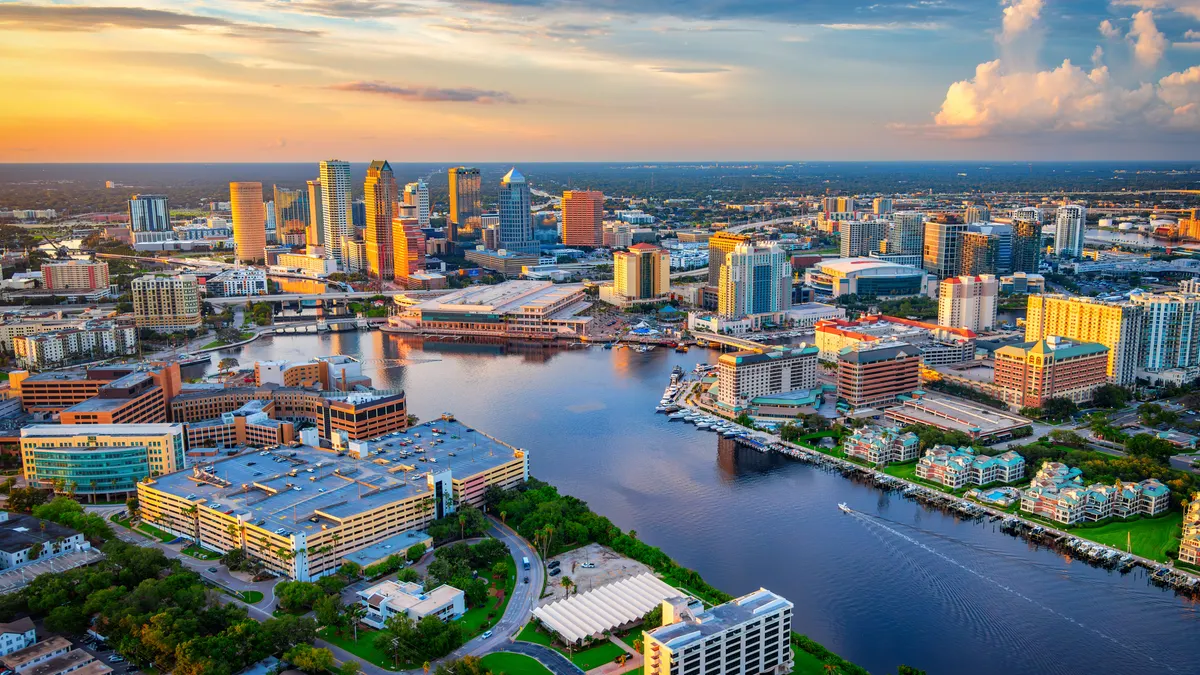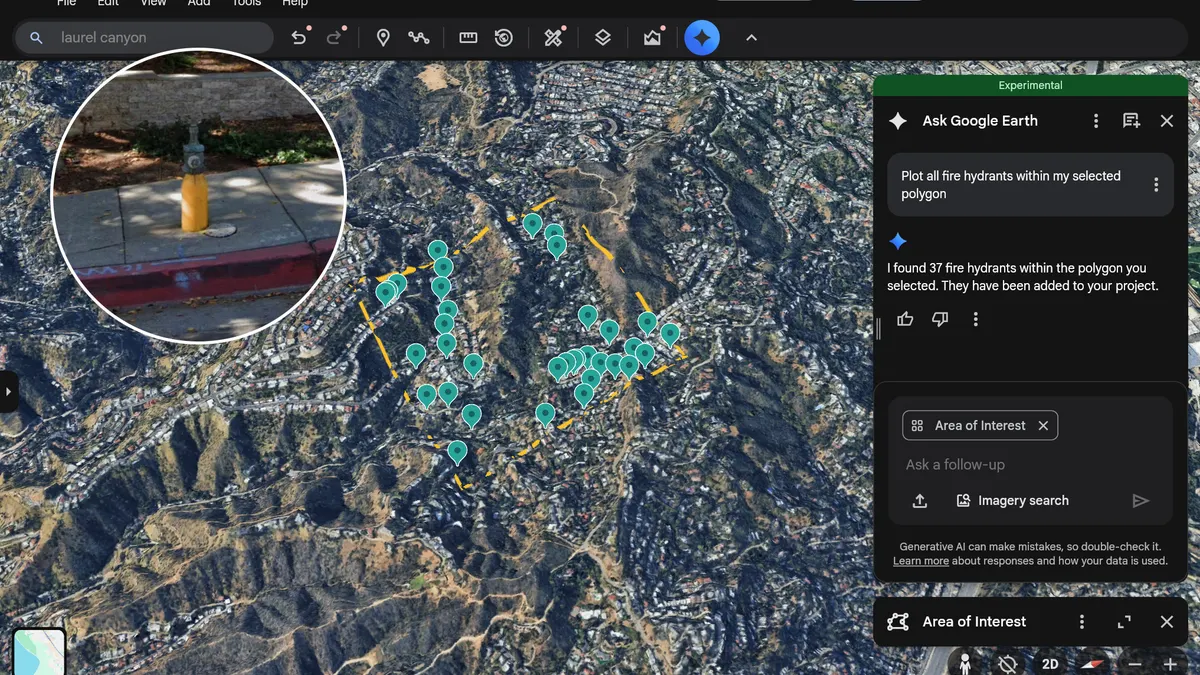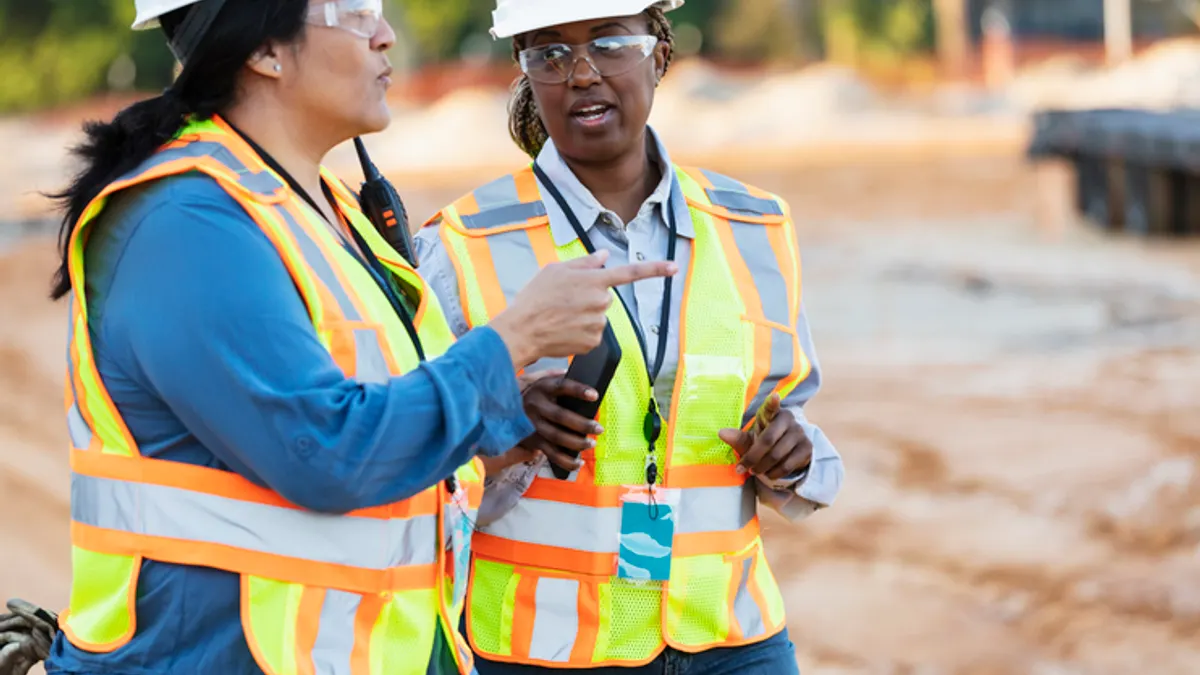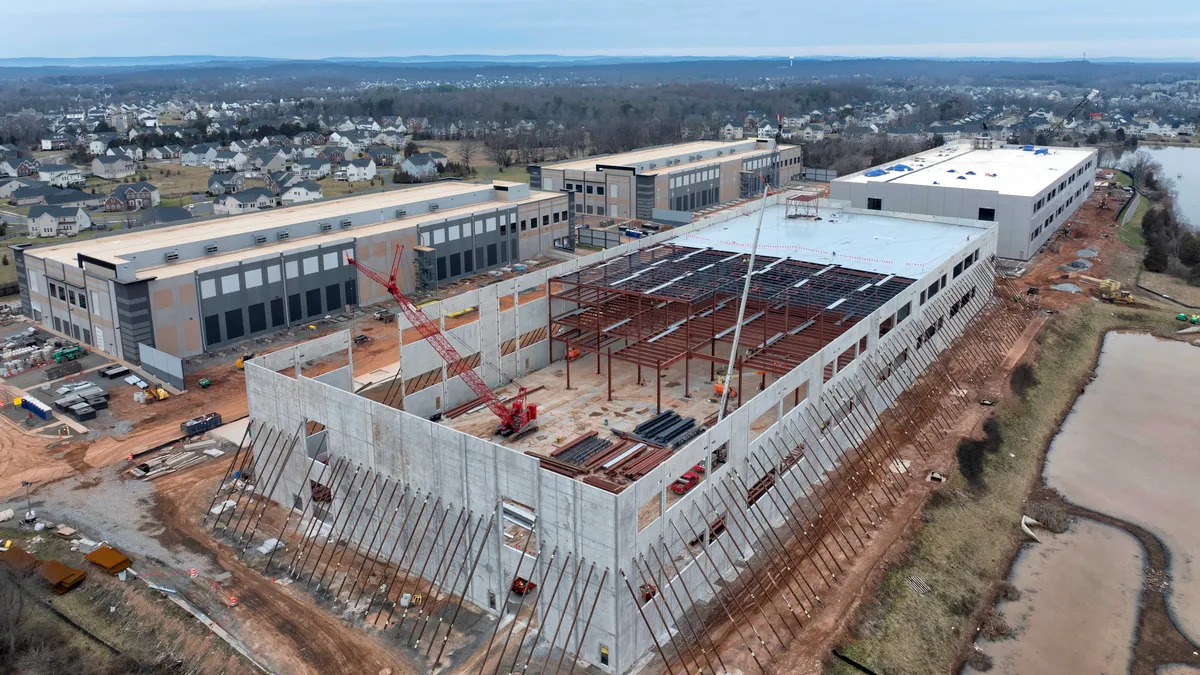Starting today, workers will begin returning to New York City's construction sites after a months-long coronavirus moratorium.
Between 200,000 and 400,000 people are expected to return to work as New York City enters Phase I of Gov. Andrew Cuomo's reopening plan. Much of the rest of the state has already entered Phase II or will do so this week.
Since the end of March, only construction services deemed essential have been allowed to move forward as the city battled one of the world's biggest and deadliest COVID-19 outbreaks. The New York City Department of Buildings (DOB) also revoked all After Hours Variance (AHV) permits, unless they were issued for essential categories of projects.
During the halt, the DOB has been aggressive in fining violators of the construction ban up to $10,000.
Andrew Rudansky, press secretary for the DOB, said while the department will continue to issue updates for contractors during the rollout period, which is part of Phase I, work is underway in preparation for construction on almost 32,500 nonessential projects across the city's five boroughs.
Department inspectors, according to Rudansky, will be visiting every jobsite in the city, educating contractors and workers on how to implement the rules. For the first 30 days, the DOB will provide guidance on how to fix issues of noncompliance and issue a non-penalty violation letter. After the initial 30-day period, the department will start issuing violations and civil penalties. Continued noncompliance could result in a Stop Work Order and additional enforcement actions.
Contractors begin reopening sites
Boston-based Suffolk Construction Co. has successfully reopened sites according to city regulations, according to Charlie Avolio, the company's New York president and general manager.
Suffolk developed a national COVID-19 response plan months ago, he said, which made it possible for the company to better work with the state. Suffolk's approach focuses on safety, communication and new technology put to work alongside traditional construction tools.
On the safety front, Avolio said, Suffolk's jobsite protocols are in compliance with the city's requirements, with the help of its "COVID ambassadors." These individuals are stationed on every Suffolk jobsite to ensure adherence to all coronavirus-related policies and procedures.
Meanwhile, Consigli Construction Co. created an app for administrative and jobsite employees so that they can self-certify the status of their health through temperature checks and questionnaires, said Joseph Chiarelli, president of the company's New York City metro operations. This is in addition to following the city's social distancing and hygiene guidelines.
Suffolk also has made sure that all team members feel free to ask questions or express concerns about how COVID-19 affects their jobs and safety, Avolio said. The company surveys its employees on a regular basis, he added, and also encourages them to stay home if they don't feel well.
Tech measures
Two pieces of technology that Suffolk will deploy on its New York City projects, as well as others around the country, are FLIR thermal cameras and Triax wearable monitors, Avolio said.
FLIR cameras, he said, help to supplement the general contractor's temperature taking efforts by detecting fevers through nonphysical means, which makes it possible for workers to complete temperature readings while maintaining social distancing. Suffolk places the wearable monitors, which sound alarms when workers are within 6 feet of each other, on workers' hard hats. The data from the monitors also aids in contact tracing if a worker tests positive.
Suffolk maintains a diverse portfolio of projects in New York City — commercial, residential, education, technology and public sector — but Avolio said the firm recognizes that "virtually every sector" will undergo short- and long-term changes sue to COVID-19. "Many offices, classrooms, laboratories and other facilities will likely start to look different as institutions implement new protocols for their own employees, students and other stakeholders," he said.
Most of Consigli's projects in New York City, Chiarelli said, were deemed essential, so the company worked steadily through the shutdown. However, the contractor put together a team to focus on re-opening offices and its few nonessential projects.
As for the future, he said, it will take time to determine what opportunities will present themselves in New York City.
"Right now," Chiarelli said, "things are slow in terms of new work in the city. There is typically a slowdown going into summer, but it is amplified with COVID-19. In speaking with our developer partners and clients, they expect to put work out to bid, but not until plans for the re-opening of the city is clear. We expect things to pick up once a more definitive track for NYC is established."
Going forward
In the run-up to Phase I, the New York State Empire State Development Corp. issued guidance that allowed construction crews to perform onsite staging activities since the beginning of the month. The department previously issued best-practices guidance to contractors related to social distancing, worksite hygiene and worker health.The permit holder is ultimately responsible for making sure that its jobsite personnel maintain a distance of at least 6 feet from each other. When that is not possible, the guidance says staff should maintain the maximum distance that will still allow them to perform their work using tools like robots or barricades.
On Friday, the DOB issued additional information on how it would enforce social distancing and safety guidelines.


